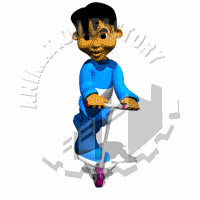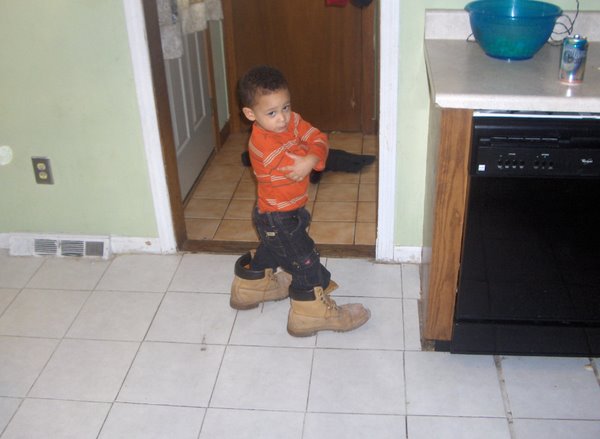"A child can express his real self in imagination because the imagination is unmediated by anybody else's expectations or demands," says Alan Flashman MD, a child psychiatrist. "It's not imposed on him. It comes from within his inner life. Imagination is important because it integrates a child's feelings and dreams and actions. It's a place where a child can experiment and feel control and power. But we should respect the integrity and freedom of the experience rather than trying to quantify it as a utilitarian activity."
Nonetheless, a child with an active imagination benefits because he has a way to deal with intense emotions. New Jersey school psychologist, Beth Falk, PhD, explains: "Kids can become overwhelmed by their emotions but by using their imaginations, they can master their feelings. If a child is afraid of a monster, he can make up a story about hunting down the monster and scaring it and turning it into something else. He's found a way to transform it."
In her classes, actress and drama teacher Andrea Peskoff has seen students spontaneously act out their problems. Six-year-old Heather, an only child, was anxious because her mother was pregnant. In drama class, she crawled on the floor, becoming the baby she feared would draw her mother's attention away from her. In this way, the new baby became a less fearful proposition.
Saturday, June 30, 2007
Subscribe to:
Post Comments (Atom)








No comments:
Post a Comment